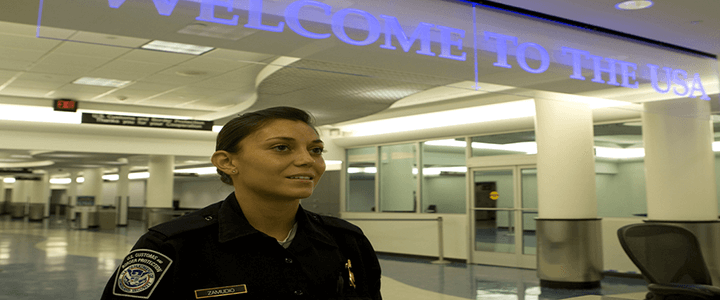They say the internet is forever. So too, apparently, is the text history on a secure communication device provided by Chinese intelligence officers.
Yesterday, 60-year-old Leesburg, Va. resident Kevin Patrick Mallory appeared before a Federal judge in Alexandria to answer charges of espionage and lying to the FBI. Mallory is accused of providing classified documents to a Chinese contact, including three documents classified Top Secret.
He faces the potential of life in prison for the crime.
ATTEMPTING TO LOOK LIKE A DOUBLE-AGENT
As you read the FBI’s affidavit in the case, it almost seems as though Mallory was doing the right thing, until close to the end. Then you realize that at best, he was “playing both sides against the middle.”
What’s not in dispute: Mallory is a former Army officer, government employee, and contractor who held a Top Secret clearance until his government employment ended in 2012; that Mallory traveled to Shanghai in March and April of 2017, where he met with a person who claimed to be a representative of the Shanghai Academy of Social Sciences, a think tank with close ties to the Chinese intelligence establishment; and that he received a “communications device” which had a method of switching to a “secure mode.”
That’s where the agreement ends. Mallory’s Chinese adventure began to unravel when he returned from his April trip and was selected for additional inspection from Customs and Border Patrol. Despite the fact that he said he was not carrying more than $10,000 cash, he was found to have $16,500 in his carry-on bags. (Anyone who worked as or with a pay officer in Iraq or Afghanistan can tell you just how bulky $16,500 in cash can be).
Throughout much of the affidavit, it is clear that Mallory wanted to appear to be doing the right thing. Even though he no longer held a security clearance, he said he recognized Chinese tradecraft. He contacted several former colleagues about getting in touch with an unspecified government agency to discuss his recruitment. He consented to an FBI interview and voluntarily showed them the communications device, demonstrating how to switch it from normal to secure mode.
That was the fatal mistake.
INCRIMINATING MESSAGES WERE NOT DELETED
His previous text messages with his handler in China were still on the device, despite the fact that Mallory thought he’d deleted them. Those messages, which the FBI retained when they made an image of the device, along with the $16K, were to be Mallory’s undoing.
Here’s a tip for would-be spies: when you tell the FBI that your reference to “providing documents” refers to some unclassified white papers you wrote, make sure that the secure communications device you use to communicate with your Chinese handler, which you then voluntarily show to the FBI, doesn’t contain evidence to the contrary.
Mallory claims he was “just stringing [his handler] along,” but the totality of his communications proves otherwise. The FBI discovered that Mallory had sent three documents with black marks at the top and bottom, marks he told his handler were covering the Top Secret classification markings.
Even if we give Mallory the benefit of the doubt, the bottom line for any cleared professional (or even formerly cleared professional) is not to conduct your own investigation when you think you’ve been targeted, and not to tell the FBI you’re doing your own counterintelligence work when you’re actually selling secrets to the Chinese.
Never mind the fact that you shouldn’t be retaining personal electronic copies of classified government documents.



